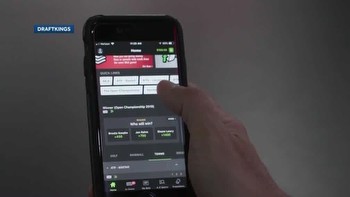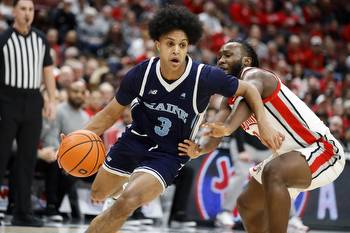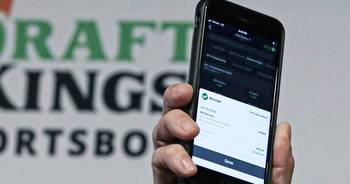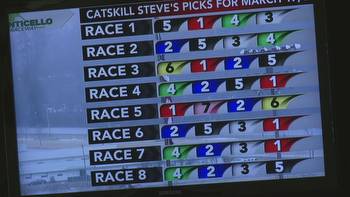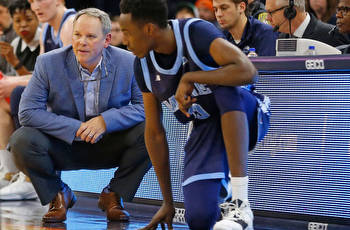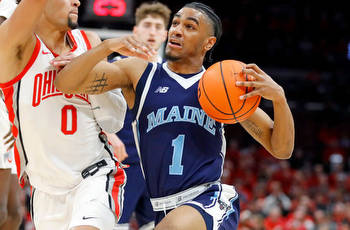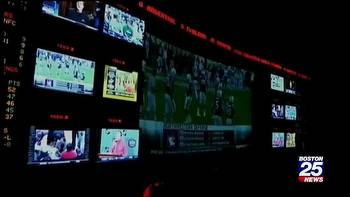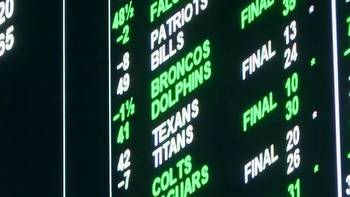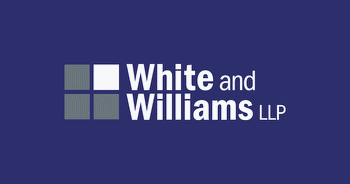How sports betting might work in Maine

AUGUSTA, Maine — Maine’s sports betting framework is taking shape and could be on track for a summer launch if regulators can avert thorny disputes with the gaming industry and others seeking to profit from it.
States have rushed to implement laws governing sports betting after a landmark 2018 decision by the U.S. Supreme Court allowed it nationwide. Maine has been on the slow side of this regulatory action, with Gov. Janet Mills vetoing a bill to do so before signing one last year.
The market is expected to be small, with Maine’s gaming regulator expecting no more than $6.9 million in annual revenue. Operators will be taxed at 10 percent of gross revenue. Tribes will have exclusive access to the mobile market, which is expected to account for 85 percent of betting. Maine’s two casinos and its off-track betting parlors will control in-person betting.
The state is now developing rules that govern the finer points of the system. A draft set that was released last month is mostly uncontroversial, aside from strict limits on advertising. Regulators are accepting feedback until March 5, then they have four months to finalize rules.
Here’s how it is coming together.
TV stations want more advertising freedom.
Maine’s draft sports betting rules are most remarkable for their ad restrictions, which are some of the strictest ones promulgated so far in the country, according to the Philadelphia-based law firm White and Williams LLP. They fall hardest on TV networks.
Across all ad platforms, the rules would bar professional athletes, celebrities or entertainers from promoting betting, something that is common in the industry here but banned in the United Kingdom. Operators would also have to give all ad material to Maine’s Gambling Control Unit 10 days before it is aired or distributed. That language is similar to a provision in Tennessee, but that state requires ad material to be filed up to five days after it goes out.
On TV, sports betting ads would be limited to the same channel that the sporting event is being played on. Promotions or bonuses would be barred from TV ads, but online and radio ads are not mentioned in that section.
Many of those rules are unworkable and unconstitutional, Tim Moore, CEO of the Maine Association of Broadcasters, said at a Tuesday hearing. Milton Champion, the head of the gaming unit, told WABI he will look at those items individually and look for solutions.
“It would be a mistake in our view to delay [sports betting] implementation with legal battles over regulations that would almost certainly not hold up in court,” Moore said.
Maine has common limits on advertising to younger people.
Only people in Maine over age 21 can place bets. Limits on advertising also extend to physical marketing at colleges and universities. Cartoon characters are also not allowed to be used in ads. All of this aligns with an American Gaming Association code on “responsible marketing.”
Not all sportsbooks are members of the association, including Caesars Sportsbook, which has signed deals with some universities to promote gaming. Maine’s rules amount to an attempt to head off marketing on college campuses.
Betting companies also have to carry big insurance policies.
Another unique aspect of Maine’s draft policy is an insurance requirement for operators. Surety bonds are common requirements in betting and other public contracts that guarantee that protect the public if a service goes badly, but the rules go far beyond that.
Maine is among the first states to require at least $5 million in cyber liability insurance coverage and the same amount in errors and omissions insurance. These policies aim to protect the industry in lawsuits over potential data breaches or major professional mistakes.

